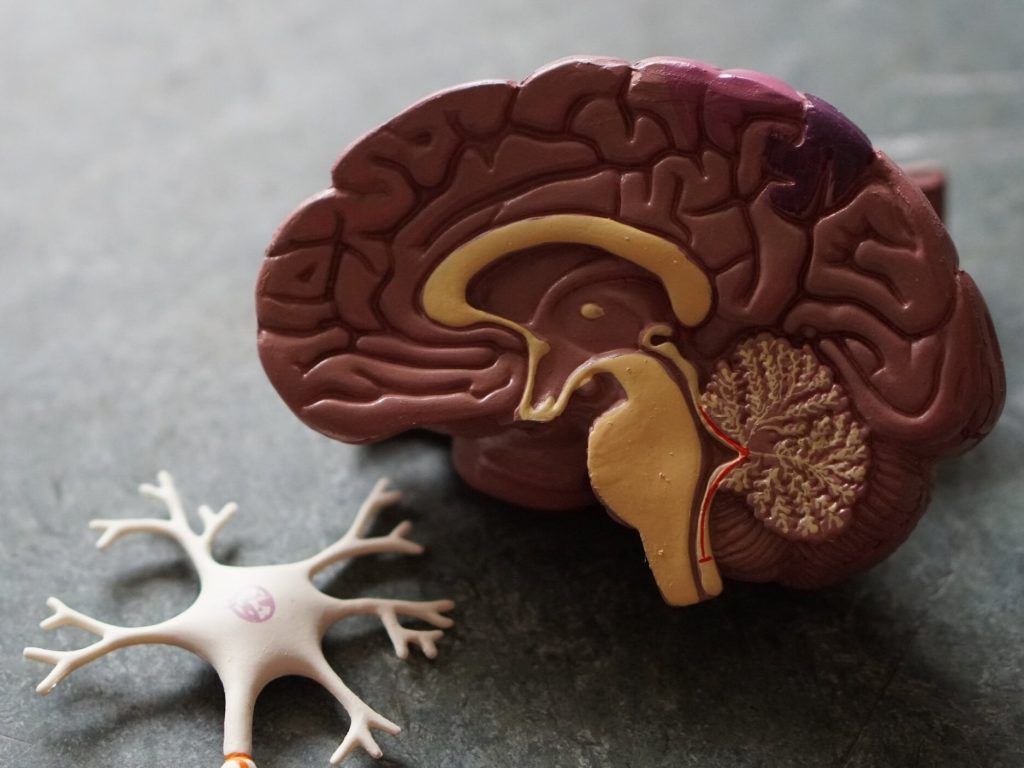The medical conditions characteristic of old age often appear indistinguishable to the best of us, highlighting the challenges posed by geriatric depression and dementia. Sometimes, even professionals need additional assistance to recognize if a common symptom seen in an octogenarian is a sign that the body is slowing down or if it points to a different diagnosis.

Dementia and geriatric depression are two conditions that baffle family members and care attendants in this manner, highlighting the complexities of elderly care. To ensure that you are giving the right kind of care and attention to the patient, here are a few things to keep an eye out for.
To start with, it might be helpful to know that depression in the elderly can lead to the occurrence of a phenomenon called pseudodementia. This might look like late-onset dementia in the way it slows down the individual, physically and cognitively. However, the decline in intellectual abilities, focus, and energy comes from a lack of motivation or energy which is characteristic of depression.
It might also be helpful to know that:
- Nearly half the population with late-onset depression live with some form of cognitive impairment
- Depression is seen to co-occur with dementia in around 9 – 68% of the cases
- Depression can be an early predictor of the onset of dementia.
Check for progression
Even though depression and dementia can look similar in an elderly individual, the two conditions can be differentiated based on how quickly the mental functioning declines. In the case of depression, the progression is much more rapid than seen in dementia.
Gauge disorientation: Geriatric depression and dementia
While aging tends to impact an individual in many ways, the disorientation experienced is not as pronounced as it is when dementia or Alzheimer’s is in the picture, emphasizing the challenges posed by geriatric depression and dementia. If you are unable to understand whether someone under your care is experiencing either of the conditions, testing for disorientation can help because it tends to be present for dementia and not depression.
Issues with memory and concentration
Sometimes, the best way to get information is to ask the person under your care about what they are experiencing. Chances are people with depression notice and remain concerned about their problems with memory. They might also comment about their inability to concentrate like before.
At the same time, people with dementia might appear indifferent or even fail to notice memory-related issues. You might also find that the population with dementia is likely to show issues with short-term memory.
In conclusion, while it might be far-fetched for you to diagnose a condition on your own, noticing key signs can be helpful in its way. Most of the time, early intervention can make life infinitely easier for someone under your care.
Visit our LinkedIn page for the latest updates on our company, including exciting developments and new offerings. Stay informed and connected with us as we continue to grow and provide valuable learning opportunities for professionals in caregiving industries.




1 comment
Comments are closed.